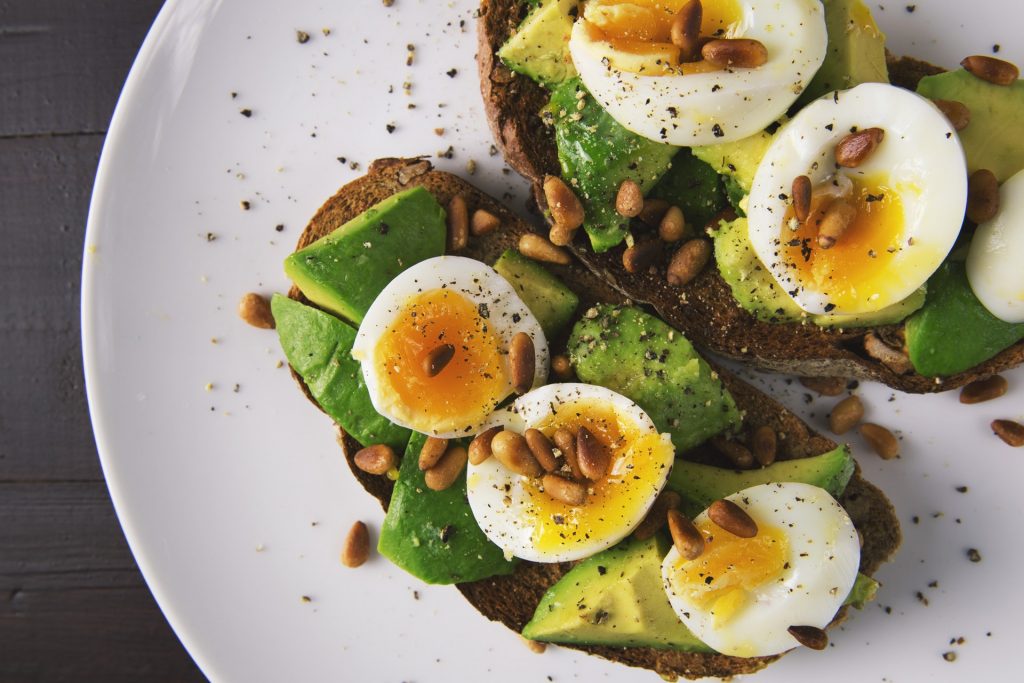What is the Difference Between Whole Foods and Refined Foods?
When it comes to our diets and nutrition, the amount of information on which foods to eat, how much, and the endless parade of diet options has given us almost too much information on what is and isn’t a good food choice.
Yet, while we all seem fairly aware at this point that spinach is likely a healthier food choice than potato chips, a new area of focus that has emerged in recent years has more to do with the quality of the food rather than which food to pick.
Essentially, you’ve chosen to eat spinach over potato chips, but is it still good for you if it is canned, frozen, fresh, refined?
This question has been a tricky one to answer and I will shine some light on this issue, and specifically, how to make good choices when it comes to our food choices.
You could start by reading What Counts as Processed Food and what makes some processed foods less healthy?
It is interesting to note that the U.S. government defines “processed food” as “any food other than a raw agricultural commodity that has been subject to processing, such as canning, cooking, freezing, dehydration, or milling.” However, there are varying degrees of processing; many highly processed foods contain added salt, sugar, fat, additives, and other ingredients that contribute nothing in terms of nutrition.
Next, we need to define what some of these key food terms mean.
A whole food is simply a food that has not been changed in any way from its natural state.

This might refer to vegetables that are grown without any modification and would be the same as if you had picked them from the ground itself.
Here’s a few good tips for you on How to Get Started Eating More Whole Foods.
This can also refer to grains or even meat in the sense that while these foods may have been prepared by being put into a package or cut and packaged, nothing has been done that alters the food such as chemicals or preservatives added or other processes.
This can be harder to ascertain, but essentially the ideal whole food would be something home-grown, picked and eaten!
By contrast, a refined food is a food that has had some aspect of it removed or altered. This is not to be confused necessarily with processed foods.
A processed food by contrast is a food that has been essentially prepared for some purpose but had nothing taken away, for example fresh orange juice that was prepared from fresh oranges, or flour from whole grain.
Refined processed food by contrast has had a process undertaken that created a fundamental change, such as the difference that occurs when rice is converted from brown to white.
One of the key qualities when considering refined foods, is that generally speaking, refined does not refer to better or improved but is often a refining process that is removing key nutrients with the addition of salt and sugar for extra flavour.
Also read: 9 Ways That Eating Refined Processed Food Made the World Sick and Fat
For example, white flour that was made from whole grain initially undergoes a process that removes a great deal of the fibre content, thus it is not as nutritionally dense or healthy as brown rice flour, as an example.

Not all refined foods are bad, as dried fruits are processed as they’ve had water removed but are not necessarily bad for you. Just the same, plain popcorn is refined because the heat changes its structure, but it isn’t necessarily unhealthy.
One of the key takeaways then is to dig deeper into the contents of any food that may be refined or even considered to be refined.
There are many refined foods that do not deliver the nutritional benefit and have been fundamentally altered in the process such that they deliver a substantially compromised nutritional benefit.
This includes products like white bread, white rice, or refined pasta as the grains used to create these products have been altered for taste and preservation and lost much of their original density.
Processed foods are also closely related to gut health which can play all sorts of nasty games with your health and what happens to your body, longevity and independence in your later years. Here’s two examples for you to think about – you will increase the chances of contracting Diabetes 2 and also weight gain which slowly leads to obesity. I recommend you read this article for some good tips on probiotics and gut health: Probiotics, a Healthy Gut, and the end of Processed Food.
Another example would be fruit juices that have been processed so they can be preserved and have a longer shelf life or taste sweeter. Most of these juices, whether it be apple juice, cranberry juice or otherwise have been altered and lost most of the original benefits of the actual fruits. I don’t recommend these especially where kids are concerned as they are full of sugar and the processing has taken out all of the natural fruit fibres.
While you may think apple juice is just as good as eating apples, it is most certainly not.
Of course, some examples would be much easier to identify, potato chips have clearly been altered from the original potato’s, just as fried chicken tenders are certainly refined from their original composition when they are still fresh.
In a perfect world of nutrition, we would only consume whole foods that come straight from farm to table, and in any circumstance where this is possible that is the recommend choice. They are more nutritionally dense and will deliver the best taste and nutrition for your diet.
If you need to shop for refined foods, do your due diligence and determine if the refining process has fundamentally altered the food for the worse, and if so, do your best to avoid.
As always, preparation equals success so do your research and eat the best food for you and your family!
Here’s a few helpful tips for you before you go: 10 Simple Ways to Improve Your Nutrition.
Cheers – John – your Active Ageing Mentor and Coach.
P.S. Help a friend to better health – like and share – thanks.
Thanks for differentiating these two!
My pleasure Allana.